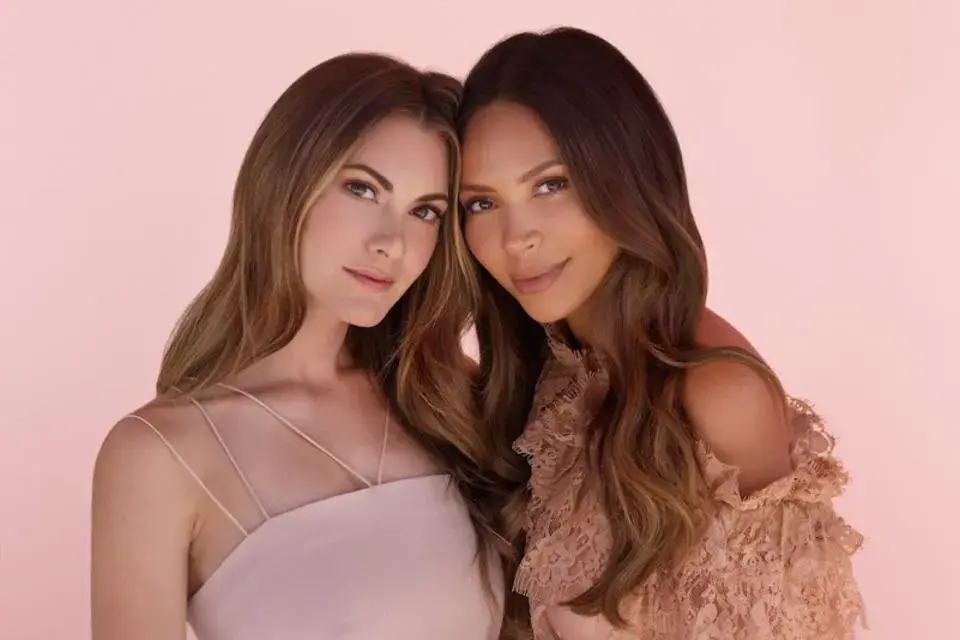Amy Coney Barrett: At What Point Is “Being a Woman” Not Enough?
- Ingrid Guo

- Nov 27, 2020
- 3 min read
Opinion Piece
Author: Emmy Apfel ’22
A surface-level reading of Amy Coney Barrett tells me that I should support her. A mother of seven who didn’t let pregnancy derail her career. A relatively young woman (age 48) who outshined other male candidates for a seat on the Supreme Court. A woman who, on the floor of her confirmation, was criticized for the dress she wore. Yet, further research seems to beg otherwise. Upon closer glance, it is clear that I cannot support Barrett based on the idea of female representation on the SCOTUS alone. It is not enough to support her just because she is one of five women ever to become a Supreme Court Justice. Being a woman is not enough.
My overall issue with Barrett is that she is the ultimate hypocrisy. She believes in a narrow interpretation of the Constitution, meaning that she believes the courts should be bound by the document’s exact words and original intent. This narrow interpretation leaves little room for adjustment in current contexts. Yet, the Framers of the Constitution in the 1780s surely did not intend for women to be on the Supreme Court. Barrett’s mere existence as a Supreme Court Justice defies the narrow interpretation that she believes so strongly in.
Somehow, Barrett defied the narrow interpretation that she herself upholds. She benefited from the lifelong work of other women; her attendance in law school and ability to hold a job, earn her own income or have a credit card directly result from the work of feminists around the world. Then, after using the life achievements of other women to further her own success, Barrett turns around and afflicts damage upon other women.
Barrett will most definitely vote to overturn Roe v. Wade, disproportionately affecting women of low socioeconomic classes above all else. Abortion will still exist after Roe is overturned. But will it exist safely? Within an hour or two from home? Probably not. Beyond Roe, Barrett is set to rule on the ACA (Affordable Care Act). The ACA seeks to make affordable healthcare available to more people. It lowers healthcare costs for families within 100% to 400% of the federal poverty level.
Beyond policy, there is more to consider about Barrett’s nomination. She is undoubtedly standing in the shadow of a legal giant, Ruth Bader Ginsburg. She’s been elevated to stand in such a shadow by none other than a man, Donald Trump. Other conservative women such as Ivanka Trump or Betsy DeVos have experienced this same rise. To be frank, even Ruth Bader Ginsburg rose to power through a few key connections with important men. This raises the larger question: why is it that powerful women, regardless of policy or brilliance or legal experience, attain their power through the approval of men? It can all date back to that original intent of the Constitution. Women, whether Barrett or RBG, were not seen as major political players. So now, it is up to these women to shape what female involvement in the Judicial branch looks like. RBG did it a certain way. Clearly, Barrett will not follow in those footsteps.
My definition of feminism has changed since Barrett’s nomination. I’ve come to understand that it is okay to be a feminist and not support a woman who harms women. In fact, it’s feminist to want a woman who harms women out of office. After much thought, I’ve come to realize that I’d rather a liberal man on the Supreme Court than a conservative woman who will make access to medical care a heck of a lot harder. It is worth it, to me, to sacrifice representation for policy. At the end of the day, representation isn’t going to get me medical care, at least not in this case. Barrett’s nomination allows the casual, undercover sexists to be passive: having a woman on the Supreme Court makes you not sexist, right? While the idea of having a woman in high positions of power soothes this discreet sexism, Barrett’s nomination is bad for the health and livelihoods of women.
Especially with a Democratic President-Elect, I’m curious about Barrett’s power. Indeed, she will feel pressure to uphold “Republican” ideals on the Court. At what point is the line crossed? How can the public hold her accountable? I’m not entirely sure.
It’s an interesting position to be in as a young woman. I want so badly to support Barrett, a trailblazer. But considering the context of her nomination, her policies, and her backstabbing of other women in the process of gaining power, I genuinely wonder what choice I’m left.
Sources:
Image Sources:
Image 3: https://abcnews.go.com/Politics/obamacare-appears-survive-supreme-court-challenge/story?id=74125898










Comments